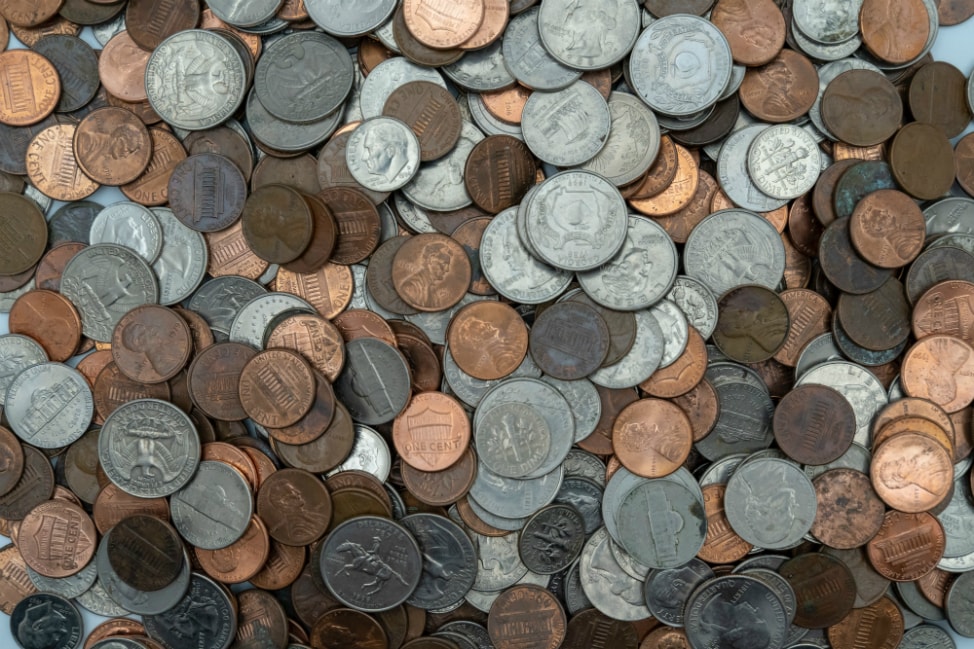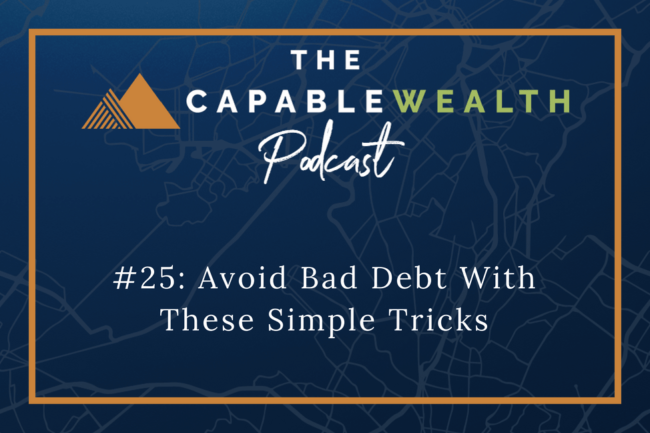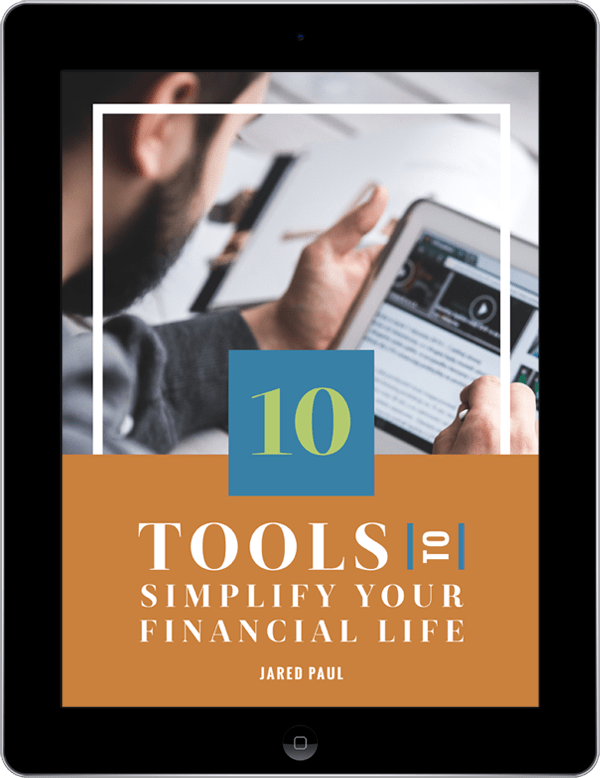There is this interesting gap between how people think they are spending money versus how they are actually spending it.
People can continuously pull out their credit cards day after day, and at the end of the month be perplexed at the fact that they have no money left over. Or worse, find themselves in credit card debt.
I believe in the power of budgeting, and understanding where your money is going. But many cringe at hearing the word “budget.” That is why I’ve written several times about how it can be better to do a “spending analysis” instead of budgeting.
It allows you to gain a better understanding of your finances by simply looking back over time at where your money has gone, without the negative connotations of having to put constraints on your future spending.
There is another benefit to tracking your spending that I recently came upon, and that is the idea that your expenditures are a great way to track the events in your life, and all of the things you have done.
NO PENNY LEFT BEHIND
A couple years ago I was traveling in Medellín, Colombia and met a great guy I’m still friends with today. Paul Drecksler of Travelislife.org is an entrepreneur and video creator – focusing on a variety of topics from his world travels.
You may recognize him from episode #102 of the Capable Wealth Podcast – “Interview w/Paul Drecksler – Exploring The World One Video At A Time.”
One of the fascinating things about Paul is that he has tracked every single penny he has spent since January 12th, 2012.
Yes – Every. Single. Penny.
Even if he has 72 cents in his pocket and gives it to a homeless person, he tracks that in his spreadsheet.
Of course, this is an extreme. Not many people are doing this. But it is a powerful process for several reasons.
1 – Paul has complete understanding of where he is spending his money. He has told me that he can tell you exactly how much he’s spent on various categories, ranging from dining out, trips to coffee shops, and, yes, how much he has given away to strangers in various countries.
2 – He has said that it allows him to assess where he is spending his money, and when it gets out of line in a category that he isn’t happy about, he can make a change. This can be if he is spending too much in a specific category, or spending too little on something he enjoys doing.
3 – This process acts as a diary for him. He puts notes next to each expense about where he was, who he was with, and what he was doing.
So, if he went for coffee with a new acquaintance in Medellín, Colombia, he will document that and know exactly what he was doing on a specific date and time, and with whom.
This last part was something that really struck me as powerful.
DOCUMENTING YOUR LIFE ONE PENNY AT A TIME
How easy is it for us to forget the things we’ve done?
Sure, you might remember the really big moments in your life, but there are countless interactions that fade away with time.
What if you could look back on any specific date and be able to bring back that memory to the forefront of your mind?
If you look at your bank statement, you will be able to see each expense you have made with your debit or credit card, but that’s as far as it goes. It will probably be difficult for most people to recall who they were getting coffee with on that random Tuesday in December of 2017. Or who they had lunch with on a random Thursday in 2015.
This may not be a valuable benefit for everyone, but for those who are into writing journals, diaries, or any other form of tracking their daily thoughts and experiences, this can be a great new angle to look at expense tracking from.
FORMING A NEW HABIT
Going from not tracking your expense to tracking every penny might be a pretty big leap for most.
I use account aggregation and budgeting software, but I haven’t made the shift to tracking every single penny, yet. But it’s been bouncing around in my head for some time.
Studies have shown that on average it takes 66 days to form a new habit, and the range was between 18 and 254 days!
When I spoke to Paul about his habit, he admitted that at this point, he’s been doing it for so long that he doesn’t feel right if he misses a day.
It’s safe the say his habit has been formed.
A PENNY FOR YOUR THOUGHTS?
Budgeting, expense tracking, financial planning – all of these things can be beneficial for creating a strong financial foundation, and help to increase the quality of your life. They can help you gain control over your finances and help you focus your money on the things you truly care about.
But being able to track your daily actions like a diary was not something I had ever considered as being a valuable part of the financial process. But, it makes perfect sense.
Seeing where you were, what you were doing, and how you were spending your money can be a great gut-check on how aligned your lifestyle is with your core values.
As the saying goes, “Don’t tell me what your priorities are. Show me where you spend your money and I’ll tell you what they are.”
Capably Yours,
Jared















